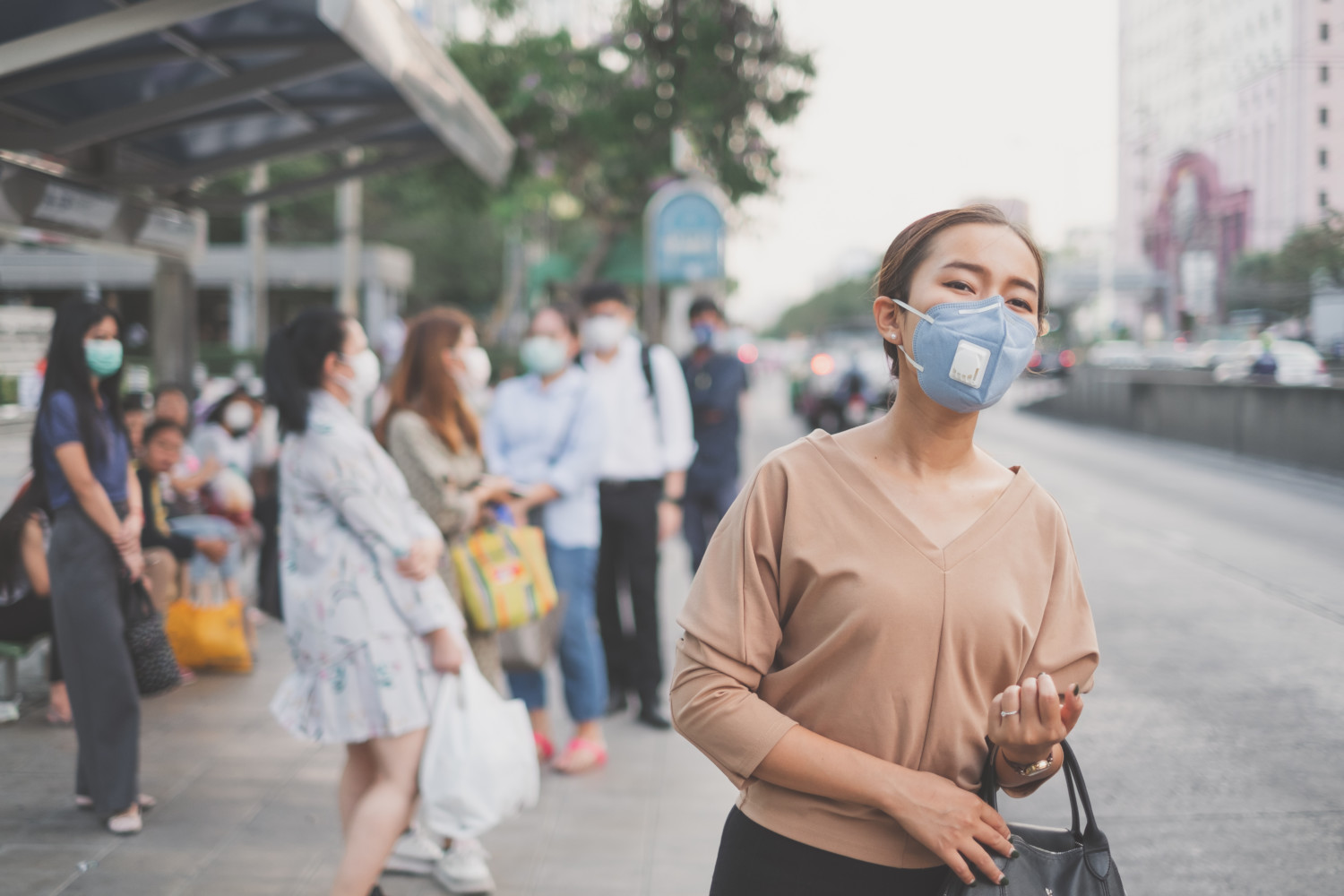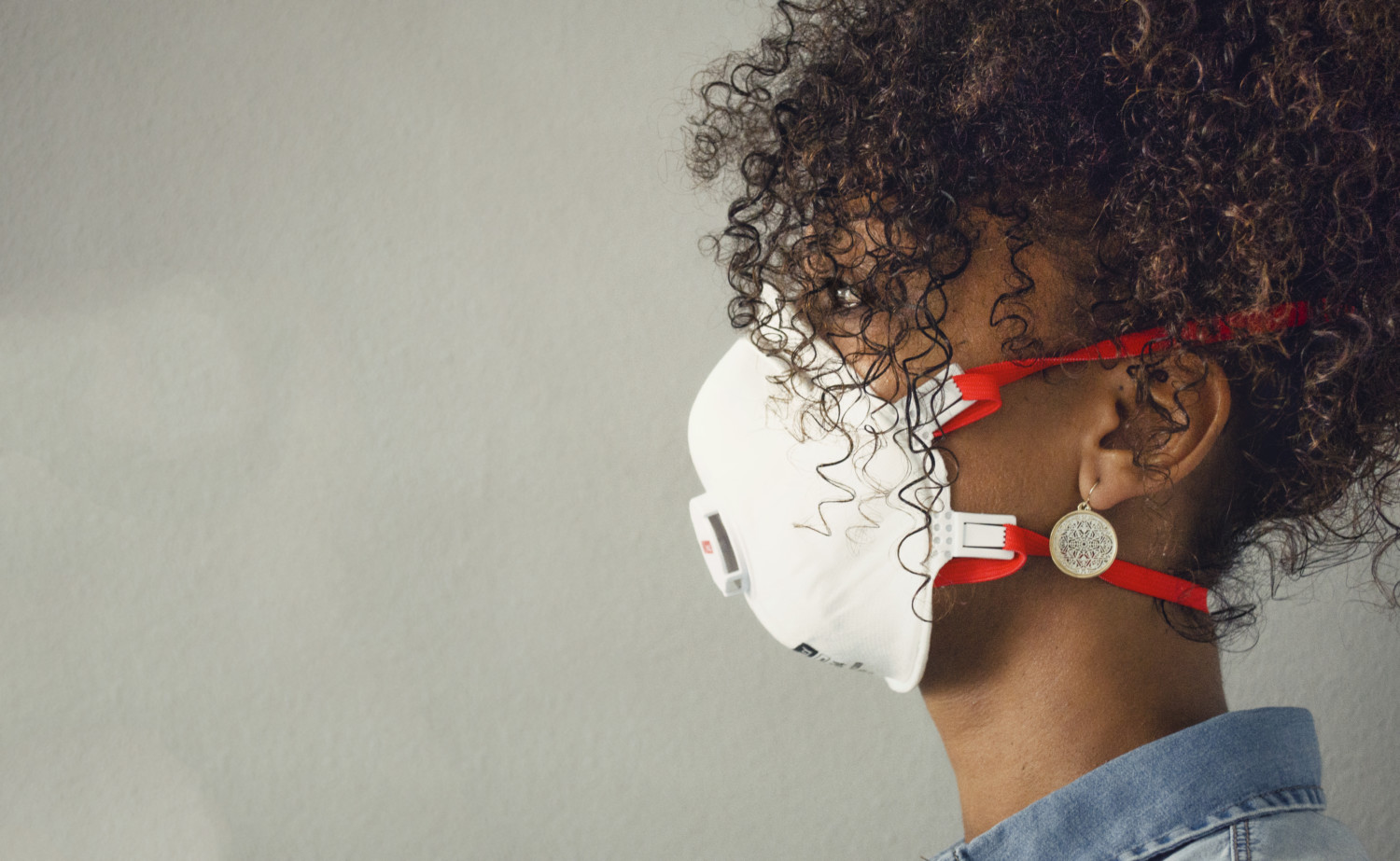To help combat the spread of COVID-19, mask use is required in cities across the nation. This is true for plane travel as well, as airlines are asking travelers to mask up before boarding.
But not all masks are created equal, and this is something travelers need to consider as they are packing for their flights.
American Airlines on Aug. 13 became the latest airline to announce it would not allow passengers to wear masks with vents or valves, joining many other airlines that have made similar bans, including Delta, Frontier, Alaska, JetBlue, Spirit and United.

Vented masks have been hotly debated recently, with critics saying that masks with these features can actually increase your chances of spreading infected droplets to others. This is because the masks have one-way vents that filter the air coming in, but then expel your respiratory droplets into the air when you exhale.
So while you are being protected from other people’s droplets, others are still being exposed to your potential germs.
These fears have led some cities in both the U.S. and around the world to ban the use of masks with vents or valves.

And now the CDC has come forward to officially confirm the inefficacy of these masks. The agency states that these masks do not help stop the spread of the coronavirus.
In updated guidelines on its website, the CDC clarified its position on mask usage and masks with vents.
“This type of mask does not prevent the person wearing the mask from transmitting COVID-19 to others,” says the CDC website. “Therefore, CDC does not recommend using masks for source control if they have an exhalation valve or vent.”
If you have any trips planned, make sure you are using a mask covering that will be permitted by your airline. And keep in mind that masks with valves will not help to protect the people around you, thus defeating your ability to have a positive impact on stopping the spread of the coronavirus.
This story originally appeared on Simplemost. Checkout Simplemost for additional stories.



